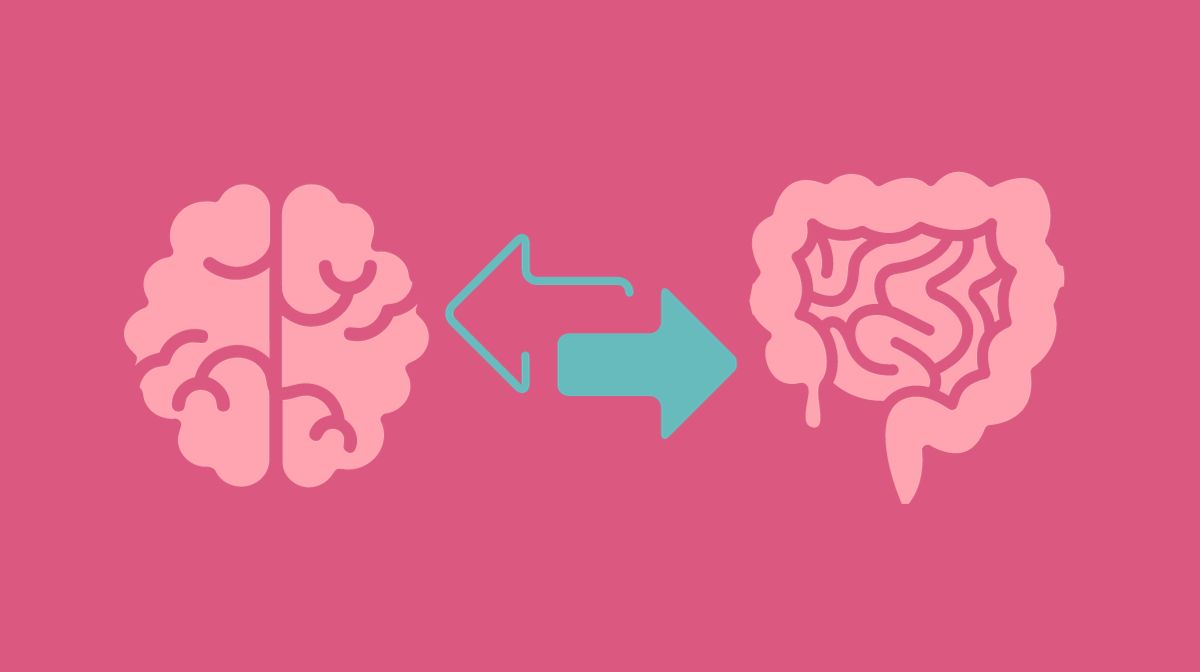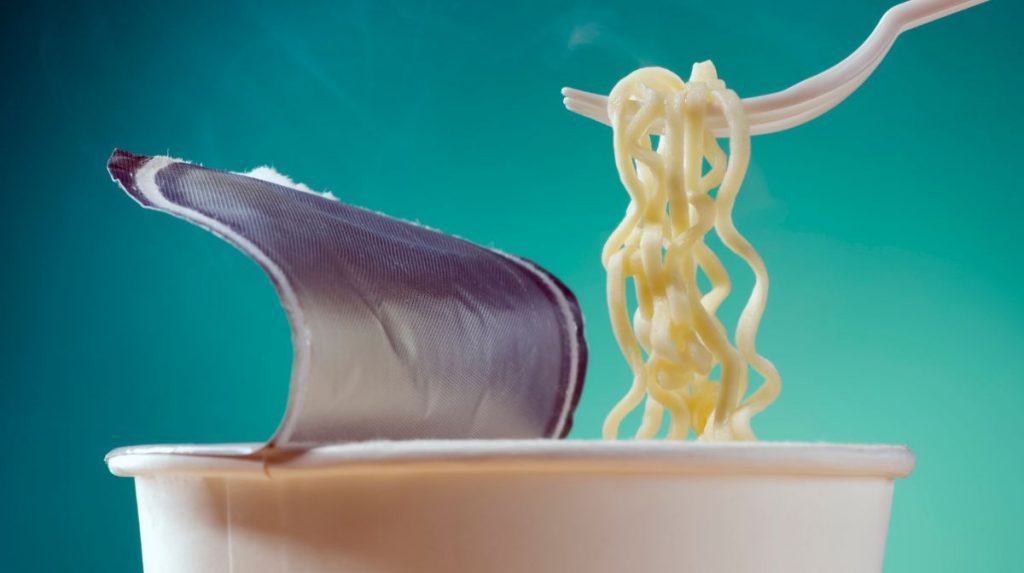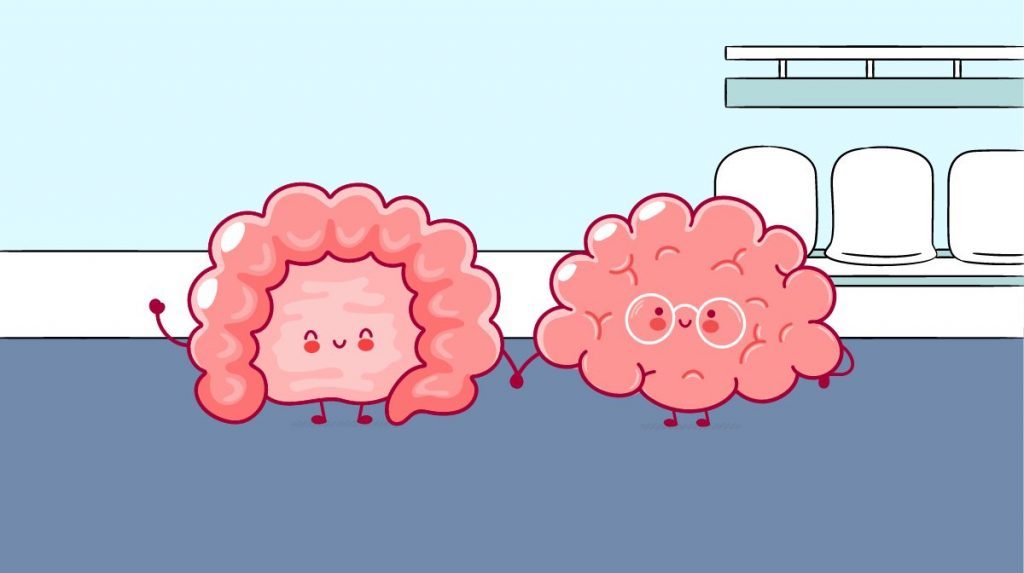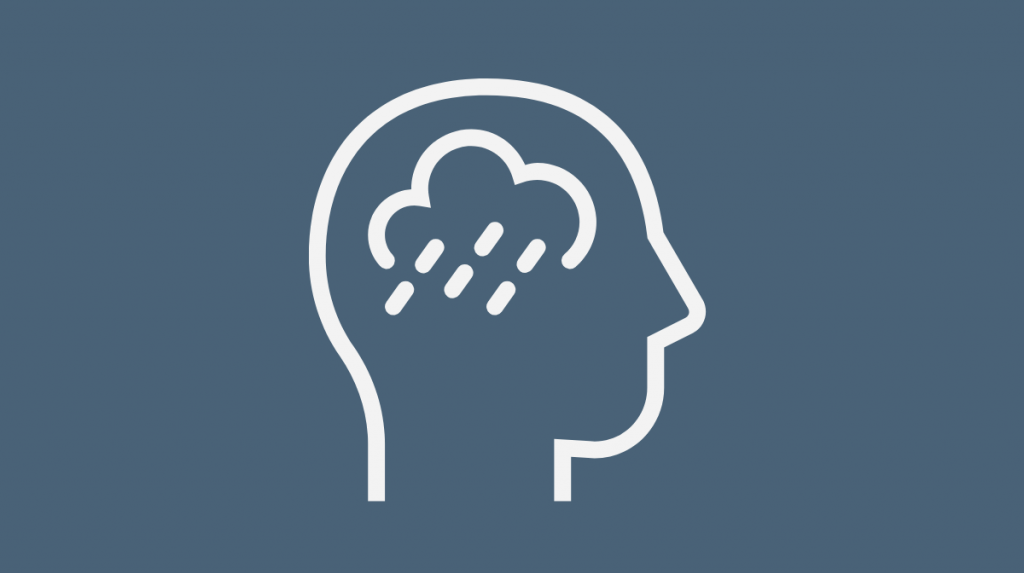
A study with Inserm shows that the vagus nerve that connects the gut and the brain, causes the occurrence of depression caused by abnormalities in the gut microbiota.
An article that can be found in the magazine Inserm No. 58
The connection between depression and intestinal dysbiosis is beyond doubt. In fact, various studies have shown that people with depression have abnormalities in the composition of their gut microbiota, i.e. an imbalance between the bacterial populations that naturally populate their digestive system. Some have a deficit, while others have an excess. In addition, the transfer of the shortened flora of a person suffering from depression to another healthy person is sufficient to trigger depression in that person, which confirms a causal connection. Until then, the biological mechanism underlying this association remained enigmatic.
A joint study by Inserm, the Institut Pasteur and the CNRS shows the involvement of the vagus nerve. The latter is the most extensive in the body. “ It connects the brain to various organs, including the digestive system, and thus represents a direct anatomical connection between the two. In addition, intestinal bacteria are found near this nerve and influence its activity. explains Eleni Siopi, first author of this work. And this nerve is connected to brain regions involved in controlling emotions. »
A gut-brain decoupling
These findings led researchers to test the role of this nerve in gut-brain communication in depression. To do this, they carried out microbiota transfers from mice suffering from this disease to other, healthy mice that had an unaffected vagus nerve or, on the contrary, had their abdomen severed (vagotomy). “ This transfer procedure is common in the laboratory to induce depression in recipient animals. This leads to loss of interest, curiosity, motivation or even apathy during simple exercises. », specifies Eleni Siopi. The team also observed this in control mice. In contrast, microbiota transfer did not trigger depression in patients who underwent vagotomy. “ The effect is very significant because all affected animals were protected from the disease. The vagotomy resulted in a decoupling of the intestine and brain, which was enough to protect the subjects from the depressive state caused by intestinal dysbiosis. », explains the researcher.
If these discoveries allow us to better understand this mechanism in depression, they also open the way to therapeutic perspectives. “ Stimulating the vagus nerve through meditation or massage could enhance the effects of treatments through better stress control. Additionally, modulating the activity of certain vagus nerve proteins or molecules could help combat the severity or recurrence of depression in patients. hopes Eleni Siopi. Currently, only a third of patients receive effective relief from medication, so further solutions are to be expected. », she concludes.
Eleni Siopi carried out this work at the Necker-Enfants Malades Institute (Unit 1151). Insert/CNRS/Paris Cité University), Paris
E. Siopi et al. Changes in gut microbiota require vagal nerve integrity to promote depressive behavior in mice. Mol Psychiatry., May 2, 2023; doi: 10.1038/s41380-023-02071-6
Author: AR
also read








